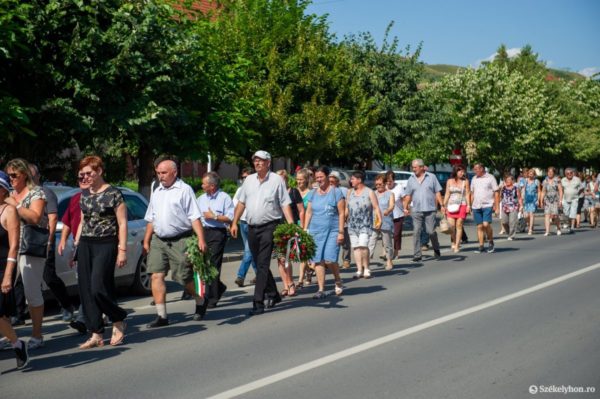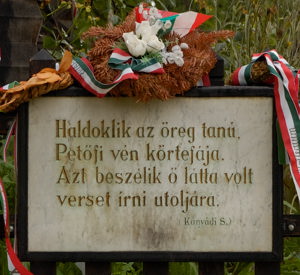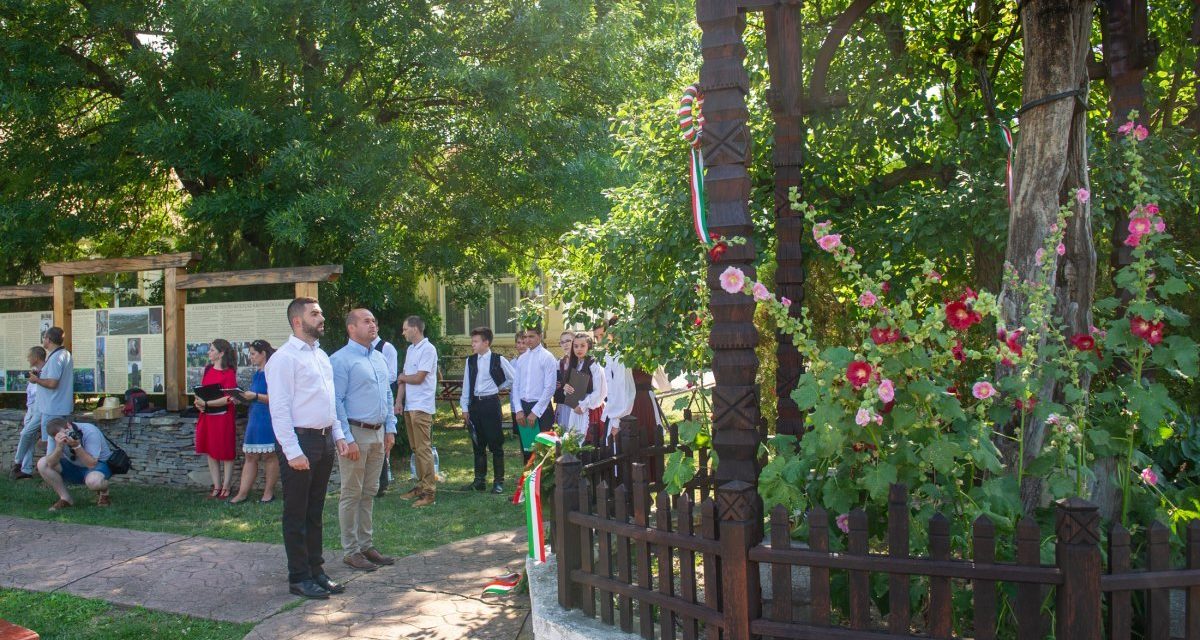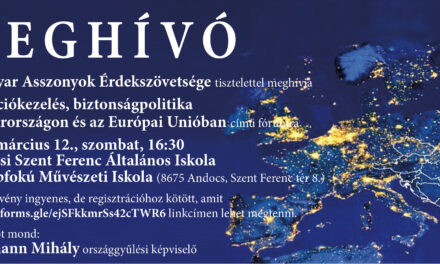On the occasion of the 172nd anniversary of his death, Sándor Petőfi was remembered on Saturday as part of the Székelykeresztúr town days in the courtyard of the Gyárfás mansion at the Petőfi pear tree. Legend has it that on the morning of the 31st, under the pear tree, Petőfi recited the poem "A thought hurts me", predicting his imminent death, and then the national guardsmen set off for Segesvár.
The speakers brought the poet's life to life, emphasizing his heroic role in the 1848-49 War of Independence.
The commemorative ceremony organized in honor of the poet who disappeared 172 years ago in the Battle of Héhéreygház began with the laying of a wreath on the statue of Sándor Petőfi in Székelykeresztúr. Afterwards, accompanied by the Civil Wind Band 1895, the crowd marched to the courtyard of the Gyárfás mansion, where, according to legend, the outstanding figure of the 1848-49 war of independence spent his last evening.

Photo: szekelyhon.ro/László Beliczay
Wreaths were placed here at the base of the Petőfi pear tree. Even so many years after his death, the poet teaches determination, dedication, cooperation in order to achieve great deeds, as well as the sense of responsibility associated with shaping our future - said the mayor of Karcag Tibor Szepesi in his speech.
"The most important thing he teaches us is to never give up our Hungarianness and our faith in it," he declared.

Source: szekelyhon.ro/László Beliczay
Reformed theology student Pál Zalán emphasized the importance of remembrance, as it is what keeps what Petőfi dreamed alive. Afterwards, the students of the Zeyk Domokos School Center revived the human side of the poet with their show.
"I think that for Transylvanian Hungarians, it is not a matter of decision whether or not I want to know about the history of my family, my city, my people, the heroes. This is mandatory for us, it should be a part of our lives," stressed Pál Zalán.
Source: szekelyhon.ro
Featured photo: László Beliczay












